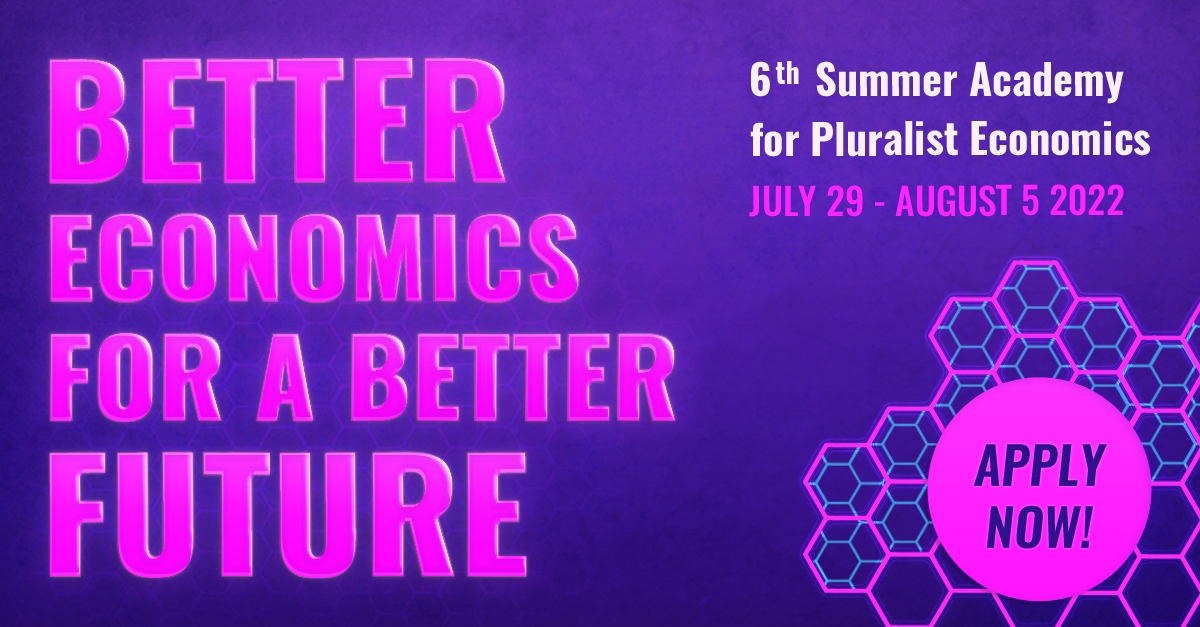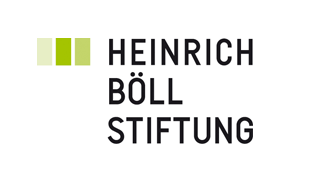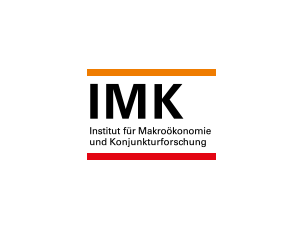Online Summer Academy 2022: Evening Program

The evening program is an essential component of the Online Summer Academy. In this year's edition, it consisted of six intriguing panels and lectures that are of interest to all participants and the public. We were joined by speakers who are experts on and passionate about the questions at hand. They shared their views with us and discussed their insights with the Summer Academy's participants. After the Summer Academy, the lectures and panel discussions are made publicly available on the Plurale Ökonomik YouTube channel so that participants from all time zones as well as the interested public can benefit from them.
Friday, July 29: 7:00 - 8:30 pm (Berlin, UTC+2). Other time zones
Economics from the Perspective of the Global South
Dr. Surbhi Kesar (SOAS University of London)
In this evening lecture Dr Surbhi Kesar will critically engage with eurocentric conceptualisations of informality and lay out potential elements of a South-centric framework to understand economic issues around informality. We will focus on the following questions: What is euro-centrism in economics and how can we identify the embedded euro-centrism in dominant economic theories? What could be some elements to develop a South-centric framework? Is the issue of labor and informality in economics studied from a global North-centric perspective? What can be a South-centric perspective to the issue of labor and informality?
Sunday, July 31: 7:00 - 8:30 pm (Berlin, UTC+2). Other time zones
The Concept of Doughnut Economics by Kate Raworth
Leonardo Conte (Franklin University Switzerland)
We begin by scrutinizing the role that economic theory – and by extension, economic policymaking practice – plays in climate change. In this context, we discuss the value of an underlying theory for (economic) policymakers and practitioners which offers a comprehensive understanding of the economy and its core functions. All too often, the economy is conceptualized as a system separate from our natural surroundings and the society as a whole, which results in the negligence of the planet’s and people’s needs. Against the backdrop of rising global pollution and persistent environmental degradation, the ‘beyond GDP’ movement has gained momentum. Among the various concepts associated with this line of thought, the idea of Doughnut Economics gained much international accolades. First published in 2012 in an Oxfam report by the British economist Kate Raworth, the concept rapidly gained popularity and acceptability internationally. Kate's 2017 book, Doughnut Economics: Seven Ways to Think Like a 21st Century Economist, explored the economic thinking needed to bring humanity into the Doughnut. The concept of Doughnut Economics turns the conventional understanding of the interlinkage of the economy with nature and society upside down by arguing that the economy needs a safe and just operating space in which it both respects biophysical ceilings and meets social needs. Arguing that a new economic paradigm may contribute to the reversal of these detrimental misunderstandings, the lecture will introduce Doughnut Economics as a more holistic concept of the economy. Finally, we raise the question: How can we create an economy that, instead of intrinsically relying on negative externalities, produces positive spillover effects?
Monday, August 1: 7:00 - 8:30 pm (Berlin, UTC+2). Other time zones
How much money should we get? - Living Wages for a basic but decent living standard
What is a decent wage? What would be an adequate wage level that anyone – independent from their background and skill level – should receive from a job? What wage will ensure a basic but decent living standard for a worker? What is a Living Wage? In this lecture we will look at different wage concepts such as the minimum wage and the Living Wage and see how different Living Wage methodologies can be used to calculate a wage level for a certain region. We will explore a case about small-scale companies in the weaving and tailoring sector in rural India and how feasible it would be for them to pay a Living Wage to their workers.
Tuesday, August 2: 7:00 - 8:30 pm (Berlin, UTC+2). Other time zones
Climate Policy: Is Carbon Pricing the Ultimate Solution?
Prof. Samantha Ashman (University of Johannesburg), Dr. Fausto Corvino (Sant’Anna School of Advanced Studies), Dr. Sanjay Patnaik (Center for Regulation and Markets; Brookings)
In recent years, philosophers, economists, and political scientists dealing with climate change seem to agree on one point: A carbon tax reform, if properly structured, could be the magic recipe for tackling the climate crisis. It allows overall emissions to be reduced without curtailing the disposable income of the poorest, but rather increasing it. The carbon tax thus seems to yield a triple dividend: mitigation effectiveness, efficiency in allocating emission cuts (the market takes care of that), and fairness (relative to income, it is not regressive). In this panel, we will explore the question of carbon pricing from multiple angles by laying out the economic rationale for carbon pricing and complementing it with critical perspectives on market-based solutions to climate change.
Wednesday, August 3: 7:00 - 9:30 pm (Berlin, UTC+2). Other time zones
Sustainable Development Goals (SDGs) to Transform Our World: Contributions from Economics
Prof. Luzzati Tommaso (University of Pisa), Distefano Tiziano (University of Pisa)
Sustainable Development Goals (SDGs) are at the core of the international political agenda to guide the transitions toward a more socially just and ecologically sustainable system. Although crucial, the SDGs are a multi-dimensional construct of economic, social and environmental indicators that are difficult to measure, monitor, prioritize and achieve. Here, we try to shed light on how they are built, their interconnections, and possible inconsistencies by providing examples of specific issues.
Outline:
- Sustainable development and future generations: the fairy tale we have been told.
- Introduction to Agenda 2030 and its goals.
- Agenda 2030: its systemic perspective and the interconnections of the goals with evidence of potential inconsistencies.
- Geographical scales: interconnections among SDGs at different scales and examples from the Nexus approach.
- Other fairy tales on SDG 8 and 12.
Friday, August 5: 10:30 - 12:00 am (Berlin, UTC+2). Other time zones
Revisiting the Role of Public vs. Private Institutions: Debate in the Backdrop of a Global Health Crisis
Prof. Martin Hensher (Henry Baldwin Professorial Research Fellow in Health Systems Sustainability at the Menzies Institute for Medical Research, University of Tasmania)
Health care is a huge global industry, delivering an essential public good almost everywhere. It is delivered by complex mixes of public sector, non-profit and private-for-profit organisations. Due to the fact that health care systems worldwide have been very directly affected by the COVID-19 pandemic, multiple questions about the resilience of health systems across the globe have been raised. Thus, in this lecture, Martin Hensher will share insights on the long-running debate on public or private provision of essential public goods, such as health care, and focus especially on lessons from the current disruptions caused by COVID-19, global conflict, and ecological crisis. The experience of for-profit versus non-profit development and implementation of COVID-19 vaccines and pharmaceuticals will be examined for lessons; as will the experience of deglobalisation and disruption of global supply chains and their implications for building resilient health care systems. The strengths and weaknesses of different organisational and ownership models for health care in a post-growth or degrowth future will then be considered, exploring both the challenges and opportunities for health care in a post-growth environment.






